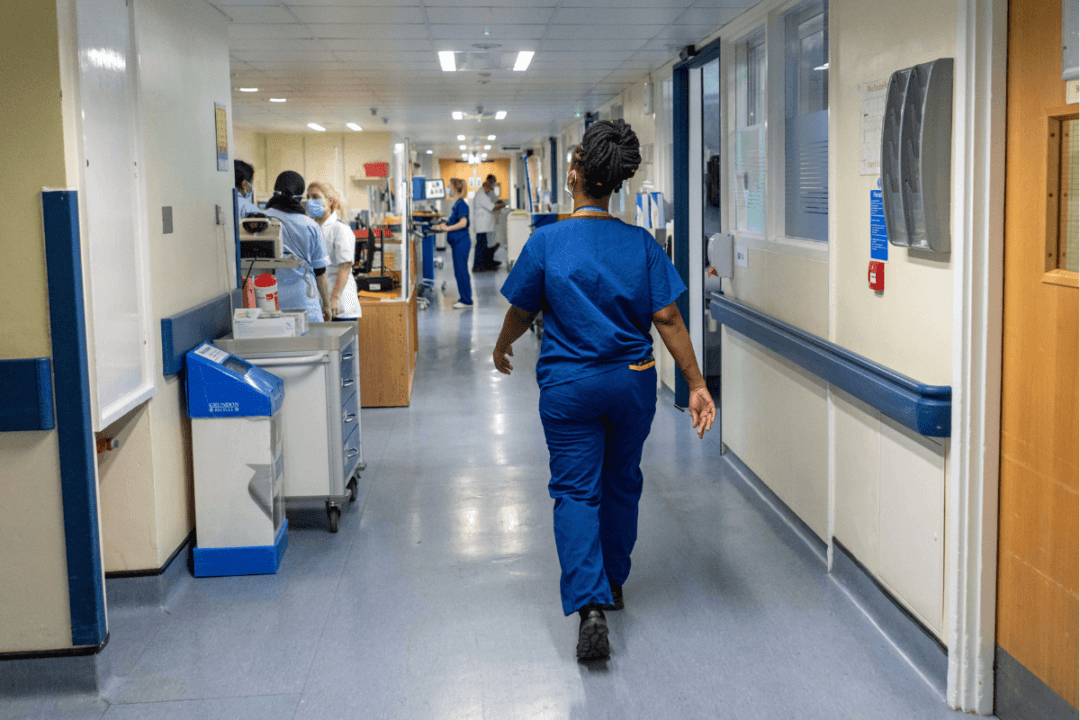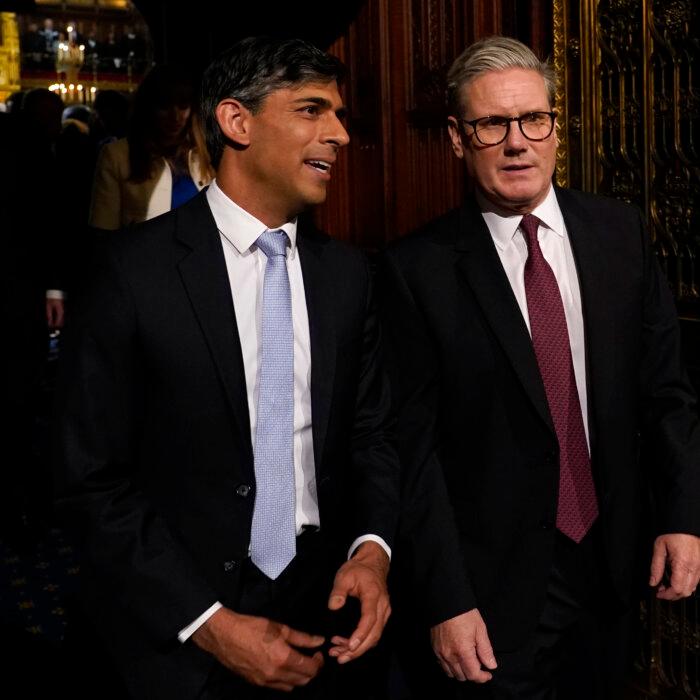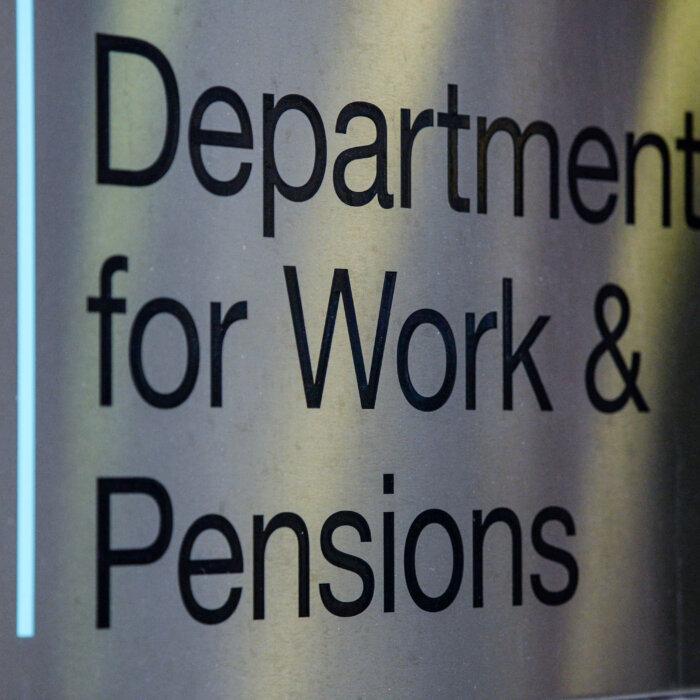The non-emergency NHS number, 111, will now offer mental health support to those in crisis, including children, the NHS said on Tuesday.
Call handlers will be able organise in-person community support for patients or facilitate access to alternative services “such as crisis cafés or safe havens which provide a place for people to stay as an alternative to A&E or a hospital admission,” the NHS said in a statement.
Previously, local health systems had their own separate phone lines to deal with these kinds of medical issues—taking around 200,000 calls per month—so this is the first time there will be a central service to triage mental health needs in England.
Claire Murdoch, NHS England’s director for mental health, said the changes would help people by giving them a single point of contact to access support.
Murdoch said, “The new integrated service can give people of all ages specialist mental health support and ensure they can be offered face-to-face support in a safe and therapeutic environment.”
Minister of State for Care Stephen Kinnock said the move forms part of the new Labour government’s “plans to help fix the broken health system.”
“We want to ensure we give mental health the same attention and focus as physical health,” Kinnock said.
Pressures on the Service
The move was welcomed by mental health charities including Rethink Mental Illness, with its Chief Executive Mark Winstanley saying he hopes it “will make it simpler for people to access the help they need.”But Saffron Cordery, deputy chief executive of NHS Providers, a membership organisation of NHS trusts in England, said that while any measures to help the record number of people with mental ill-health were welcomed, “trusts remain deeply concerned about levels of unmet need for those seeking mental health care with the latest national data showing over 350,000 children and young people and almost 250,000 adults are waiting for treatment from community mental health services.”
Worsening Mental Health
Labour had pledged in its election manifesto that it would improve mental health support, both in the NHS and through schools, saying, “Britain is currently suffering from a mental health epidemic that is paralysing lives, particularly those of children and young people.”“Teenage boys in particular are not seeing their mental wellbeing return to normal as they mature. We surely do not yet know the true scale of the damage done to our children,” said Streeting, now the secretary of state for health and social care.
Mental Health and Universal Credit
Mental health issues in adults are also affecting the labour market and public spending.Christopher Rocks, the lead economist for the Health Foundation think tank, said that “ill health is driving the rising number of people on out-of-work benefits, and damaging the economy, so it’s crucial to understand the health challenges faced by people claiming Universal Credit.”
Around 2.3 million claimants are out of work because of ill health, almost double the figure when Universal Credit was introduced in 2013.







